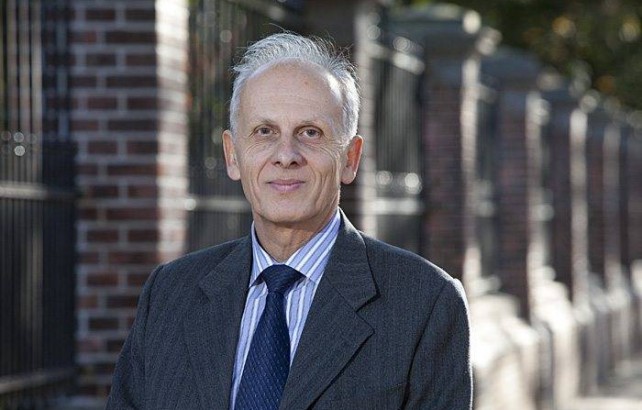
Introduction: A Time of Paradoxes
Post-truth: “relating to or denoting circumstances in which objective facts are less influential in shaping public opinion than appeals to emotion and personal belief”.
Oxford Dictionary
Today’s world is full of paradoxes. As we become members of knowledge-based societies, a feeling of disempowerment is spreading among large parts of the population, including scientists. This is happening even though knowledge and information are increasing exponentially. Over 6,800 scientific journal articles are published daily—more than 2.5 million a year. We suffer from information overload; data seeking and comparing have become fundamental activities in nearly every aspect of our lives. We can get responses to hundreds of questions: “what is the best restaurant in town?” or “what is, the best price for a dishwasher?” or “which country has the highest level of happiness?” or “what is the extent of inequalities in country X?” At the same time, we experience a growing inability to anticipate situations in a rapidly evolving world, to commit to significant change, or simply to make our voice heard.
Government and major companies invest colossal sums to expand higher education and advance knowledge, but public trust in scientists and experts has been compromised. Debate among specialists with dissenting views generates more questions than answers. Many experts are aware of the limits of their knowledge, as doubt is part of scientific reasoning. As the cognitive bias known in psychology as the Dunning-Kruger Effect shows, for scientists, “the more you know, the more likely you are to see how little you know” (Kruger and Dunning 1999). The opposite is of course also true. The less you know, the less able you are to recognize how little you know, so the less likely you are to recognize your errors and shortcomings. Or, as Bertrand Russell said: “the whole problem of the world is that fools and fanatics are always so certain of themselves, but wiser people so full of doubts.”
This trend is exacerbated by the fact that, while previously knowledge was mostly disseminated through a limited number of channels that were held accountable for their content, today, in a world of blogging, tweeting and instant messages, everybody’s views are assumed to be equally valid and worth considering. Thus, we live in a time of “information war”, with the proliferation of fake news, hoaxes, rumors, conspiracy theories and, last but not least, alternative facts. As we know, the latter expression was originally coined by President Trump’s spokesperson after the release of the photos comparing the turnout at his Inauguration in January 2017 with Obama’s in January 2009.
A related paradox is that, although the proportion of educated people in the population has never been as large as today—the average proportion of adults age 25-34 with a tertiary education qualification having grown from 26% in 2000 to 43% in 2016 in OECD countries—, fewer and fewer people are interested in participating in democratic elections, either voting or running for office. Faced with a maelstrom of fake news and contradictory information, voters are unsure of what to believe and make increasingly irrational decisions, following the exhortations of demagogues who appeal to their raw emotions rather than their reason. Misinformation undermines democracy and leads to dramatic policy shifts that may adversely affect the very people who have supported the policy changes. The Brexit vote in the United Kingdom, the negative vote in the peace referendum in Colombia and the election of President Trump are the most recent examples in that respect. In the latter case, the promise of the Republican administration to curtail health care access and benefits are likely to affect, to a large extent, the voter base of the Grand Old Party.
The academic sphere is not exempt from these negative trends, considering the multiple instances of academic dishonesty reported by the press and the quality assurance agencies. The number of denunciations and retractions due to fraud and plagiarism has never been as high, even in countries reputed for their integrity. In Germany alone, two ministers had to resign because of plagiarism, first the Federal Minister of Defense in 2011 and then, ironically, the Federal Minister of Education in 2013. In 2013, 54 current or former members of the Pakistani Parliament were found to have fake degrees.
Notwithstanding this post-truth context, research universities still have the social responsibility of contribute to solutions to today’s pressing global challenges, such as climate change, migration, global epidemics, turbulent world economy, financial instability, increased inequality, global trafficking and terrorism, to name a few.
Research Universities in a Danger Zone
Without university there is no science. Without science there is no future.
Carlos Andradas, rector of Complutense University
In a globalized, complex context, universities are facing increasing risks. Competitive forces driving change in higher education are creating a global marketplace. The risk is indeed that universities are increasingly driven by the market and the never-ending search for additional funds, rather than by their own sense of higher purpose. In recent decades, the public image of the university has been changing. Seen for a long time as a temple of knowledge where dedicated researchers are serving science, it has become more and more a marketplace with customers and stakeholders, more concerned with funding than with improving knowledge. The university has lost part of its standing and this has generated a decline in people’s trust in academic expertise.
Even more worrisome is the wariness that government authorities have shown towards universities. This has had two serious consequences. First, in several countries, top universities have experienced significantly reduced public funding. In the United States, for instance, under the dual influence of the financial crisis and the perception that universities are bastions of liberal thinkers, the Republican legislature in states as diverse as Arizona, Colorado, Oregon and Virginia has cut down the annual budgetary allocation to the state’s flagship university to no more than 10% of its annual revenue.
Second, from Hungary to Turkey to China and Russia, authoritarian rulers are imposing growing restrictions on academic freedom to their public universities. In 2018, the populist Prime Minister of Hungary chased the highly regarded Central European University from the country. In Russia, the press has reported pressure on public university students to show their support for President Putin. The authorities in St-Petersburg have also forced down the closure of the independent private European University, renowned for its high teaching and research standards. Even in Hong Kong, academic freedom has been under threat in recent years, as documented by a new report.
Research Universities and the Global Public Good
The populist rage assimilates the university with the “establishment”. Indeed, in today’s world of growing inequalities, universities stand obviously with the elite, as they remain in the mind of many inaccessible for financial and cultural reasons. A university degree is also generally a prerequisite for better paid jobs and higher responsibilities. In addition, universities not only play a role in the reproduction of the elite, but they even proclaim themselves as “elite institutions”. Faced with the deep-rooted rejections of the elite and elitism, what can research universities do to overcome this new avatar of the Ivory Tower syndrome? In order to address these kinds of concerns, research universities should pave the way by showing how to deal better with the following key dimensions of their role:
– Inclusion and diversity;
– Preparation of ethical professionals and committed citizens;
– Relevant research;
– Improved communication channels;
– Engagement with society and the world; and
– Environmental responsibility.
With respect to inclusion and diversity, universities should pay more attention to recruiting students from across the socio-economic and cultural spectrum. Many studies have shown that diversity among students and staff improves the teaching and learning experience and fosters tolerance and open-mindedness. To achieve greater inclusion of low-income students, research universities should introduce a needs-blind admission process, which enables them to admit a relatively high percentage of low-income students. Such policies are of course easier to implement for those institutions that have a large endowment fund, although wealth is not always synonymous with generosity.
In spelling out their inclusion and diversity policy, research universities should not overlook the growing importance of adult learners. Recent studies have shown that, among Ivy League universities, less than 1% of students are adults returning to study after some professional work experience. In the context of a fast-changing working environment, universities must pay more attention to life-long learning and offer a variety of programs, from career change degrees to short-term training programs, such as “micro-degrees”.
Research universities should do much more to instill ethical principles in students and faculty and to ensure that socially responsible values are built in to the curriculum. Academics must systematically think about the consequences of what they teach, notably in all areas linked to the spread of new technologies. In that context, a number of universities in the United States have taken the initiative to offer new courses on ethics and various aspects of technology, such as computer science and artificial intelligence.
Research universities are very good at conducting excellent “blue sky” research but should focus more on promoting research that solves real problems and addresses global challenges. When looking at the seventeen Sustainable Development Goals adopted by the General Assembly of the United Nations in September 2015, it is clear that research universities can have an impact on almost every one of them.
A recent “Climate Change Coalition” initiative, announced by the University of California president, Janet Napolitano, brings together the research efforts of 13 leading Canadian, Mexican and US universities committed to pooling their scientific knowledge and resources in this area. A number of universities have also made efforts to divest from fossil fuels to be consistent with their actions on behalf of a cleaner environment. In the United Kingdom, for example, the University of Edinburgh, the University of Sussex and the School of Oriental and African Studies pledged to sell all their investment in oil, gas and coal companies.
Of course, in the post-truth world, or the post-fact world according to Fukuyama, the spread of critical thinking is absolutely essential. Universities have the responsibility to teach how to distinguish real evidence from fabricated information. Truth-seeking skills should be at the core of every curriculum and are the foundation of a true “liberal arts” education. As populist politicians and demagogues appeal more to emotion than reason in their speech, one should strongly reaffirm the relevance of the traditional rhetoric and teach it correctly. Epideictic, the branch of rhetoric that deals with praise and blame by playing on emotions, should get more attention, as it explains why emotion and private belief can be manipulated in order to prevail over reason and fact.
More generally, research should focus on the perverse effect of social networks, and on their influence in pushing people to vote sometimes against their own interests. Teaching should focus on opening the mind of students to the wider world and other cultures and help them to be comfortable with an ever-changing future.
Inside the university, it is important to reinstate the academic tradition of free and fair debate that has been undermined by relativism and political correctness. Research universities are well placed to offer a safe space for assessing different views but also to engage outside of the university in public debates on complex issues. To deal with the latter, multi-disciplinary perspectives are often needed and universities are one of the few places that have the means to provide the expertise, to nourish reflection, and to influence policies on the basis of facts and scientific evidence. As van der Zwaan (2017: 182) put it, “In the future, the university may well derive its most important form of legitimacy from its visibility and leadership in society. Despite the fact that public discourse is showing less and less interest in complexity, tackling complex problems is one of the university’s key strengths”.
On the whole, research universities should use multiple channels to communicate with the outside world, both locally and globally, to reach a larger audience and demonstrate higher education’s contribution to the public good at various levels. A good example of such undertaking is the Lorne-Trottier Public Science Symposium Series, launched by McGill University in 2016, to communicate science responsibly to the public in this “Age of Anxiety”. In this perspective, research universities do not only respond to society’s needs but they also help to shape them. It is thus important that they keep their intellectual independence as they are in the front line for “debunking fake news”. In order to protect their credibility, they must also maintain their intellectual autonomy and be transparent about conflicts of interest.
Finally, it is crucial to recognize that, notwithstanding the competition exacerbated by the rankings, solidarity is a core value of university life. It is the essence of collegiality. Over the centuries, it has fostered the exchange of ideas, mobility of researchers and joint undertakings. The competition inherent in the ranking phenomenon should not come at the expense of collaboration among responsible universities. Research universities can equally promote excellence through cooperation and solidarity.
Conclusion
A university is not about results in the next quarter, it is not even about who a student has become by graduation. It is about learning that molds a lifetime, learning that transmits the heritage of millennia; learning that shapes the future…. Universities make commitments to the timeless, and these investments have yields we cannot predict and often cannot measure…[that] we pursue…in part “for their own sake,” because they define what has over centuries made us human, not because they can enhance our global competitiveness.
2007 Inaugural speech of Drew Faust, president of Harvard University
Research universities are increasingly under threat in the post-truth world. With global visibility comes global responsibility. Universities all over the world should work together as a network for the public good. They must succeed in meeting international standards while being deeply committed to their local environment. As they engage in socially useful learning and relevant knowledge creation, they should also preserve a space where free debate and dissent are welcome. The “Ivory Tower” could thus morph into a “Beacon of Hope” and contribute to diminishing the inequalities and the frustration they generate at the local and national level, while contributing to a fairer and more sustainable planet.
In that perspective, we envisage a code of conduit for research universities in the form of five “Shanghai Principles”, to commemorate the place where this proposal was made for the first time in November 2017. The Shanghai principles are defined as follows:
- >Inclusiveness. Academic excellence should become more inclusive rather than continuing to be exclusive because of unnecessary selection mechanisms. Following the example of Arizona State University and the top universities that have a needs blind admission policy, research universities must find ways of welcoming an increasingly diverse student population by removing the financial and monetary barriers that prevent qualified applicants from vulnerable groups from accessing and succeeding in top universities.
- Ethics. Universities should place a strong emphasis on ethical values and behaviors to promote honesty, tolerance and solidarity. For this purpose, it is not sufficient to design one course on ethics that all students should take. Positive values should permeate all academic programs and become part of the DNA of the institutional culture of research universities. In that spirit, Uzbekistan has just announced plans to set up a new university dedicated to developing scholarly knowledge about Islam and promoting an atmosphere of religious tolerance in the country and beyond in Central Asia. The initiative is worth noting, considering that the five states of Central Asia have provided the largest proportion of foreign fighter recruits for ISIS in recent years.
- Objectivity. An essential responsibility of research universities is to promote critical thinking and generate a quasi-obsession for fact finding among its academics and students. Teaching, learning and research must be conducted in a scientific way, with great emphasis on objective methods of reasoning and inquiry. Universities must champion honest communication about what can be legitimately claimed as truthful.
- Relevance. Research undertaken by universities must address global challenges, including but not limited to food, health, energy, climate change, the environment and security. A useful framework to guide research priority setting in that perspective is to use the filter of the seventeen Sustainable Development Goals agreed upon by the United Nations in September 2015.
- Global Collaboration. The race to secure a higher position in the international rankings has pushed research universities to compete with each other in a compulsive manner. Universities should rather act as a community of institutions and scholars cooperating for the global good. In that way, they would be following the positive example of the Talloires Network, an international association of institutions committed to strengthening the civic roles and social responsibilities of universities.
References
Salmi, J. (2017). The Tertiary Education Imperative: Skills, Knowledge and Values for Development. Rotterdam: Sense Publishers.
van der Zwaan, B. (2017). Higher Education in 2040. A Global Approach. Amsterdam: Amterdam University Press.






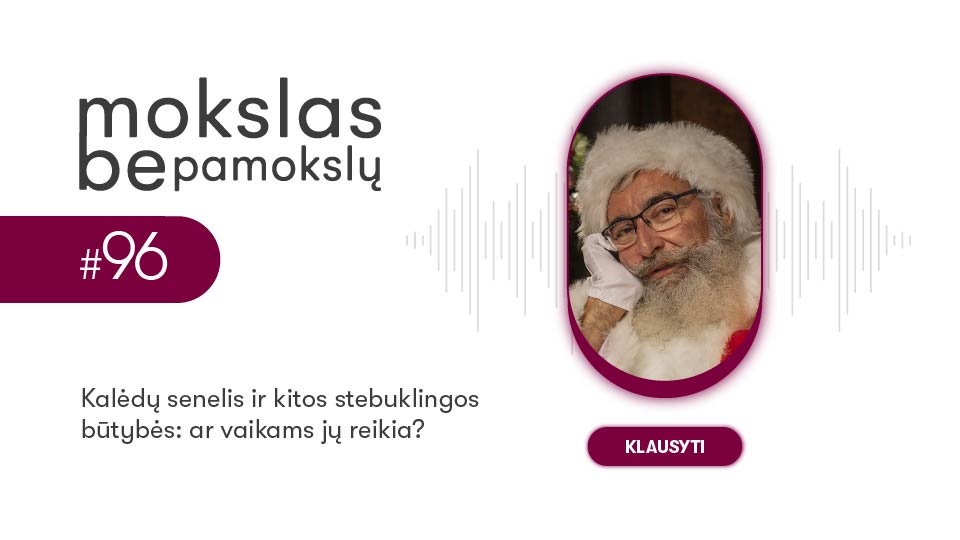
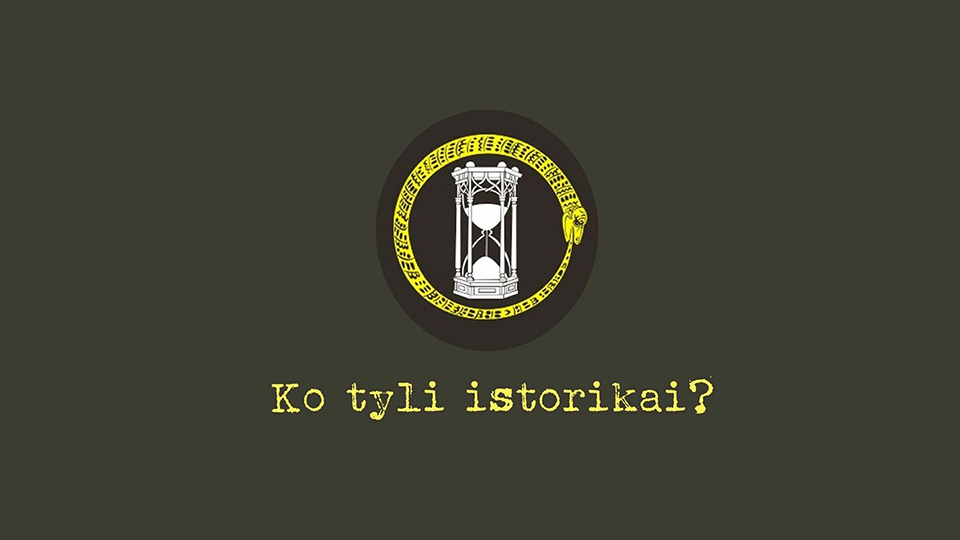
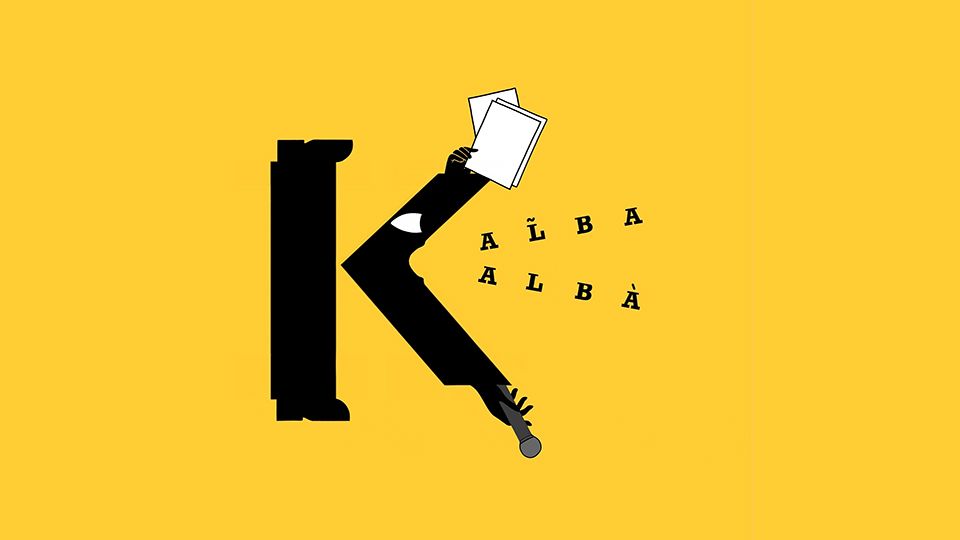

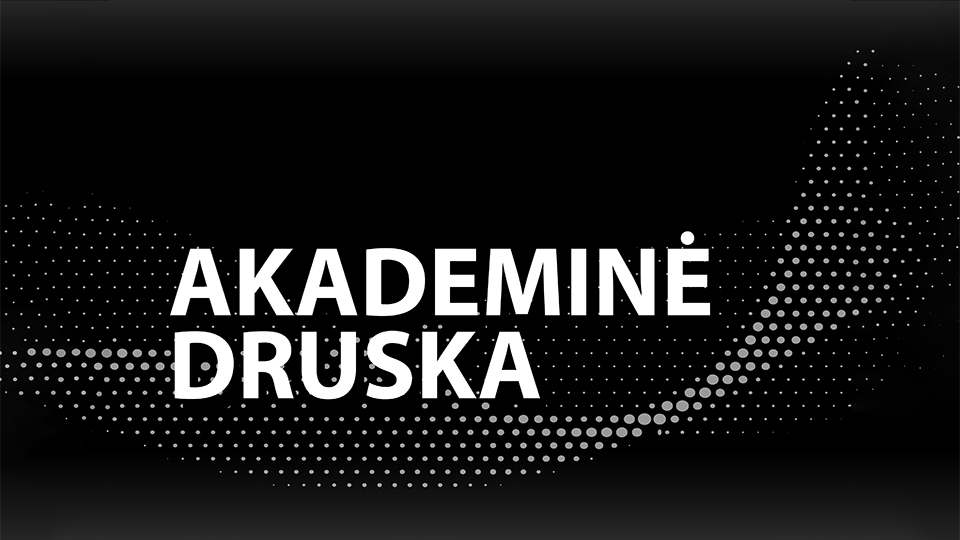

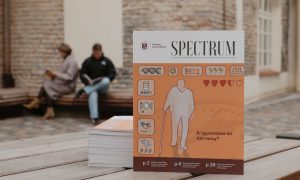
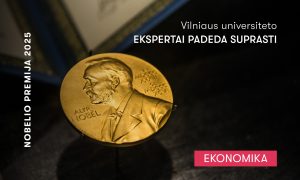

Komentarų: 1
2019-03-13 13:24
Intl. ReaderWhen the page is switched to English, the item is not presented in the news. :) Even if it is in English…